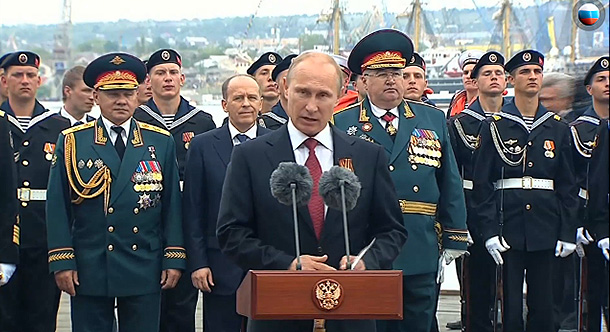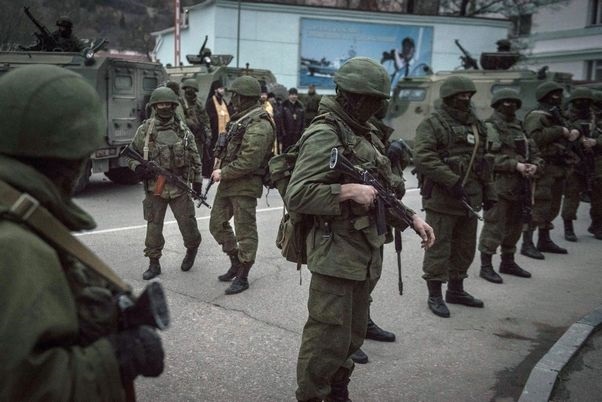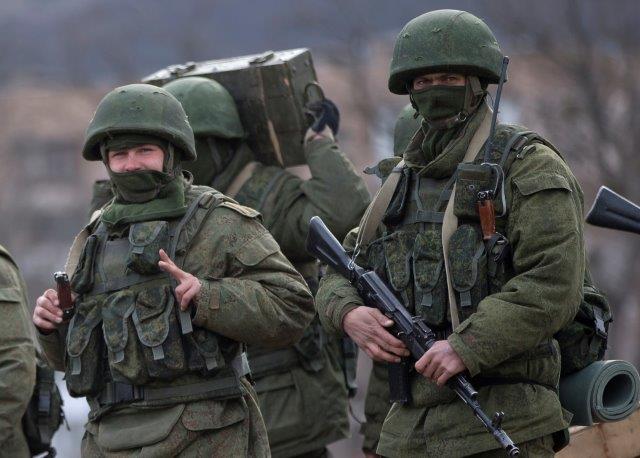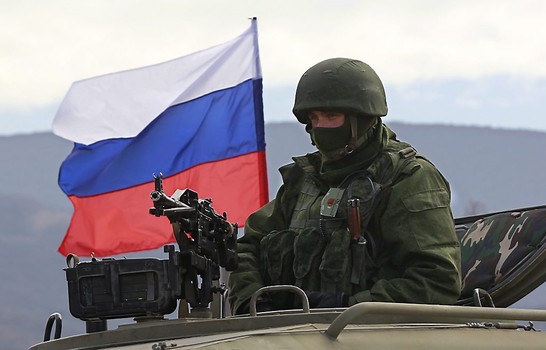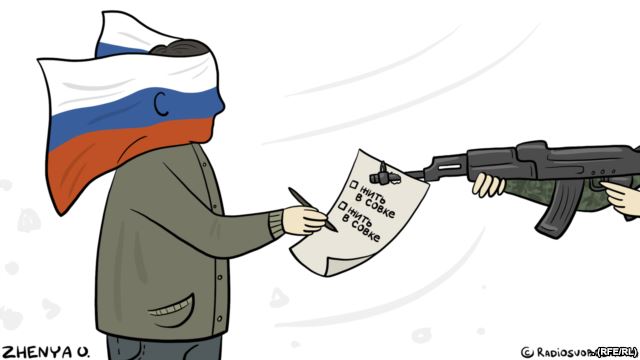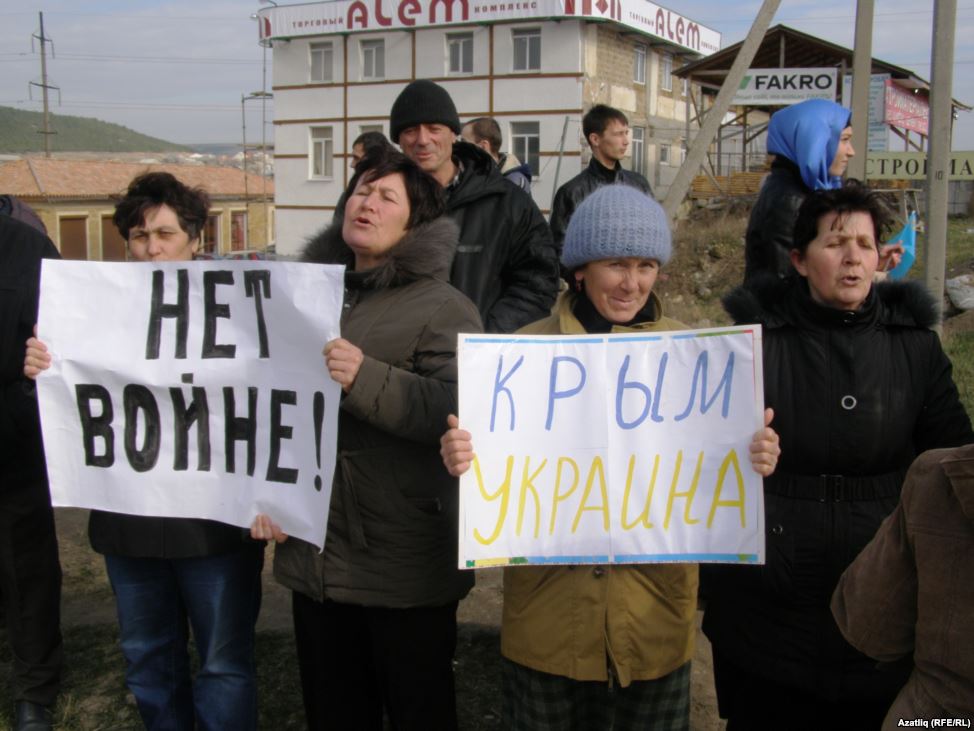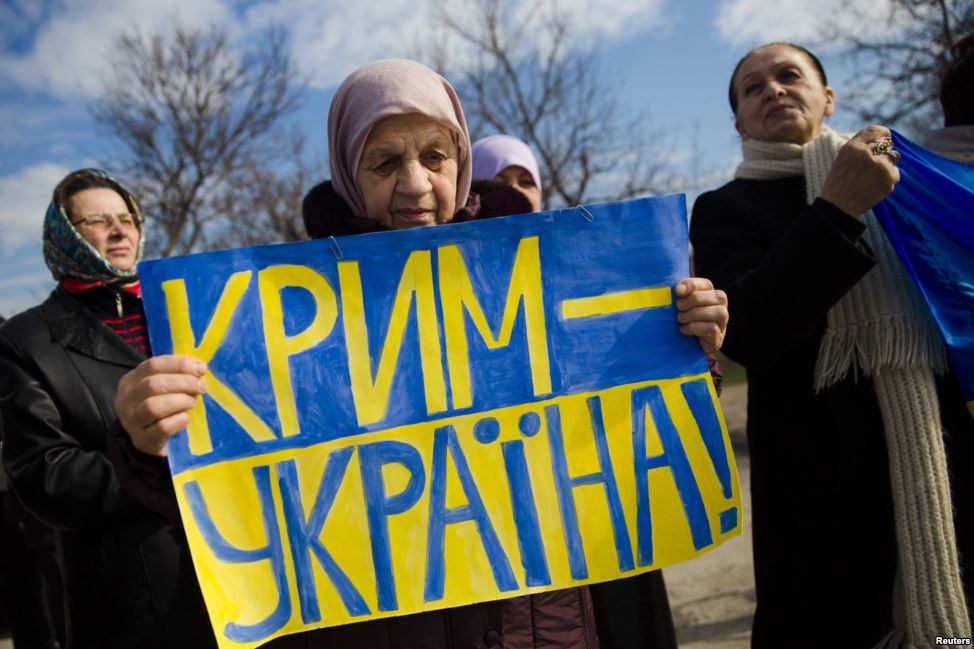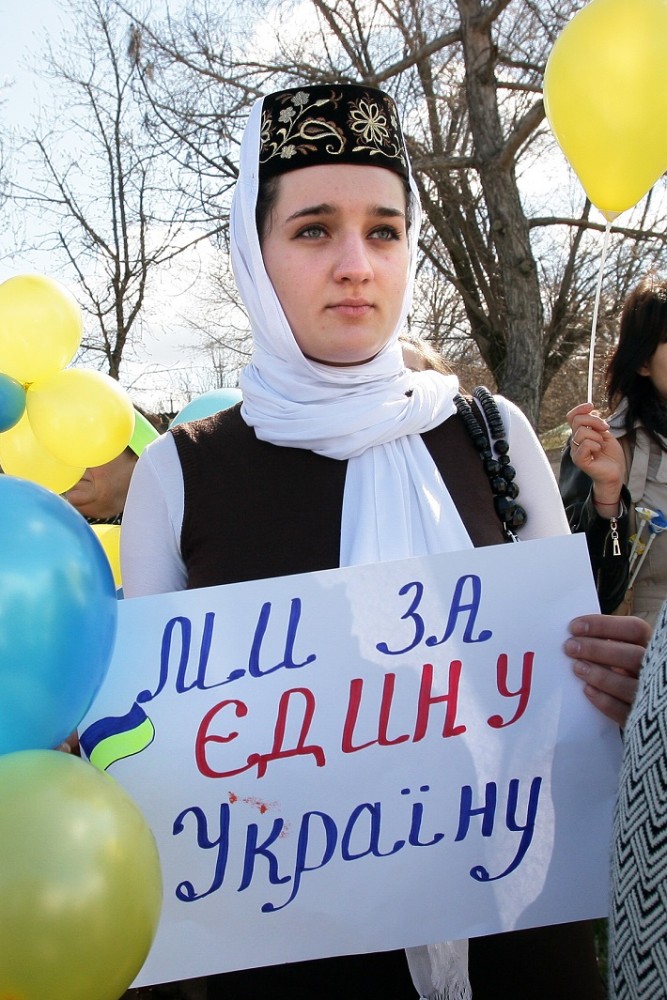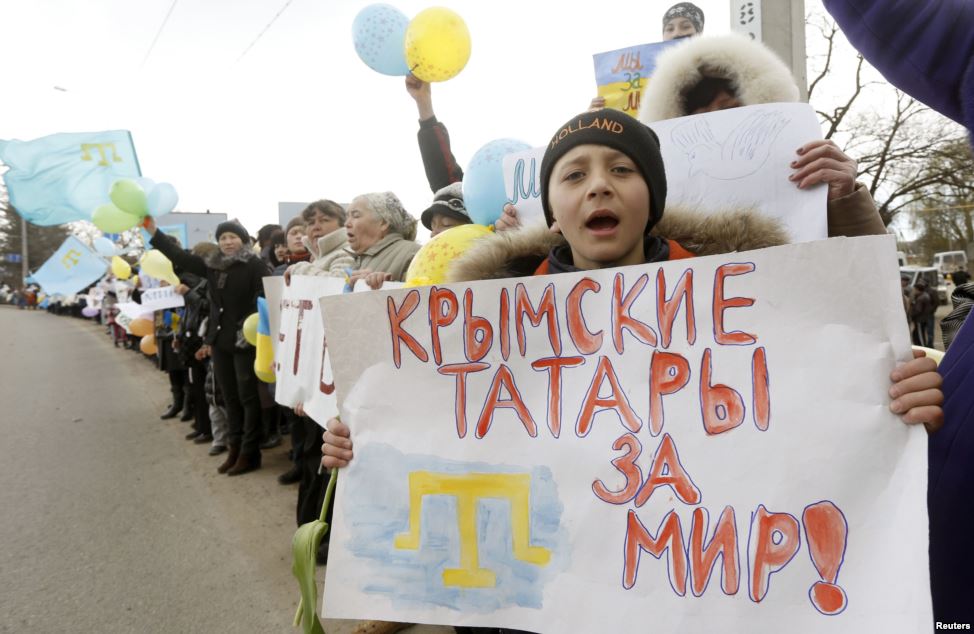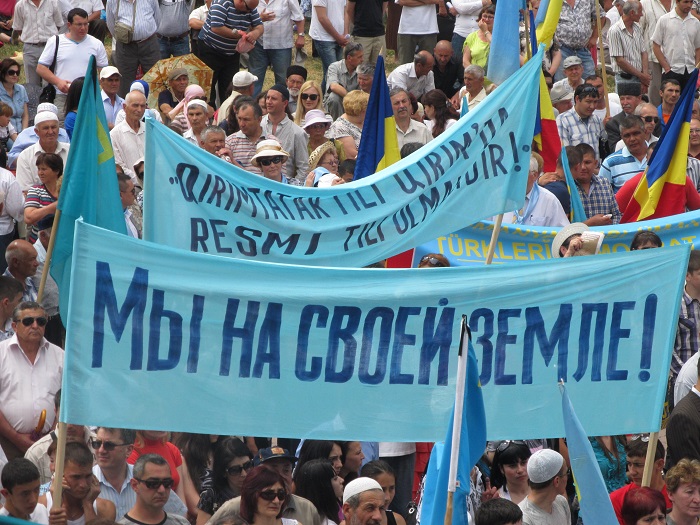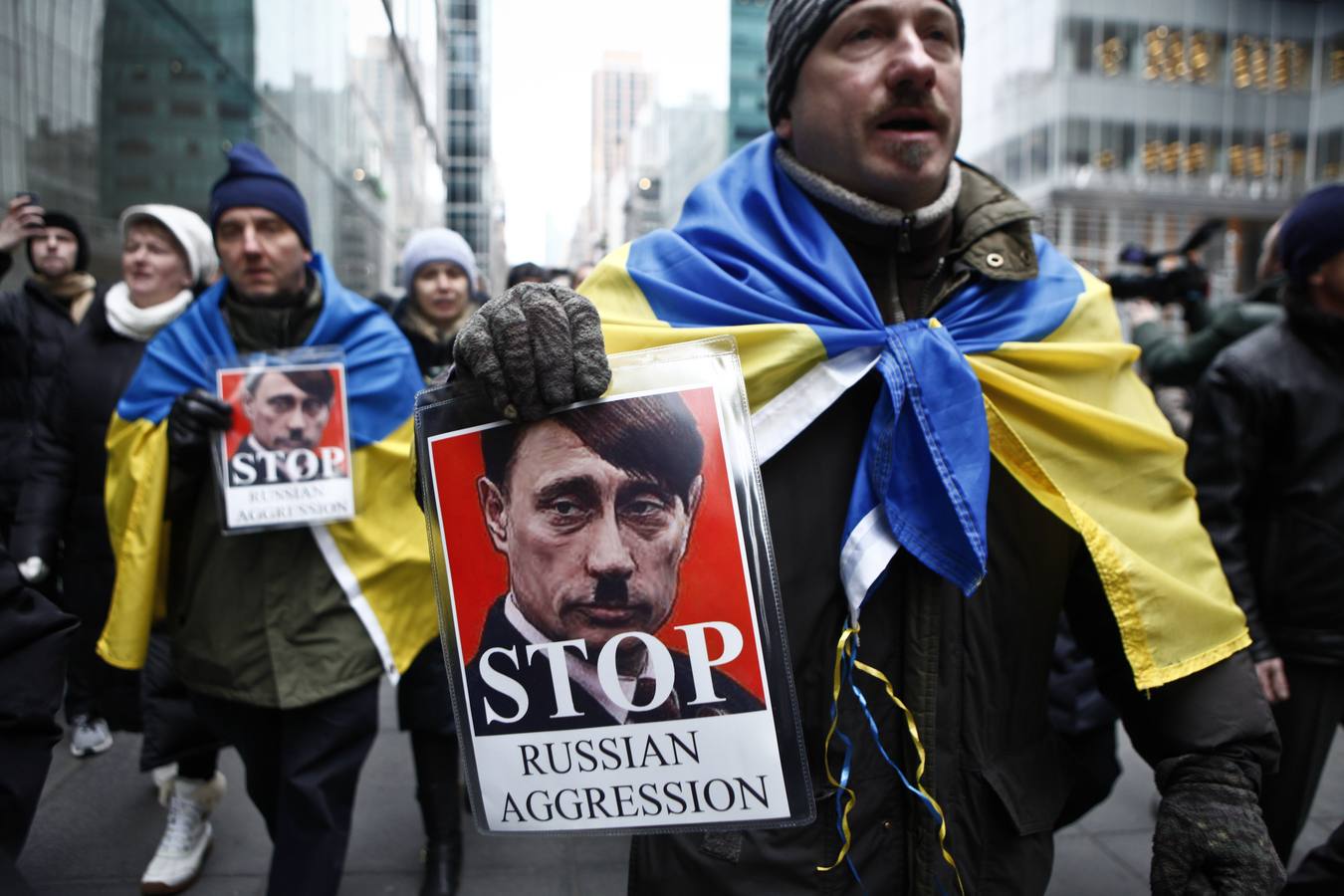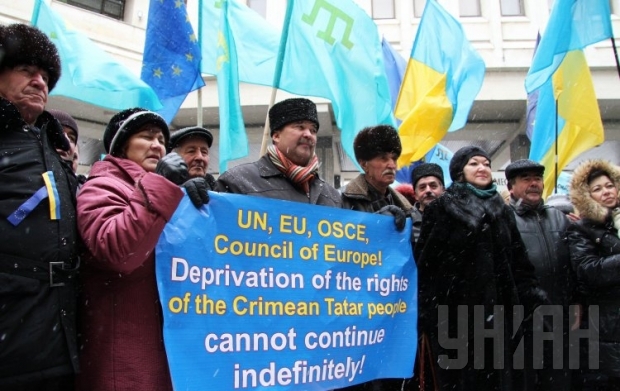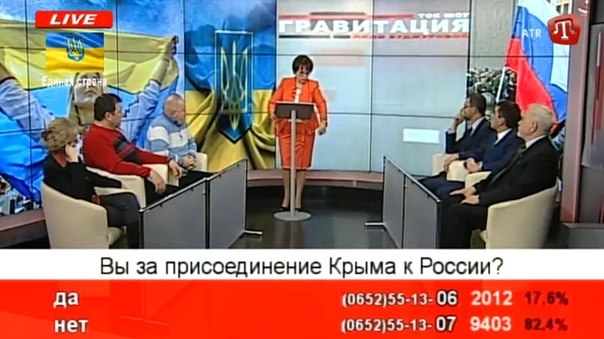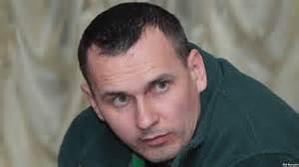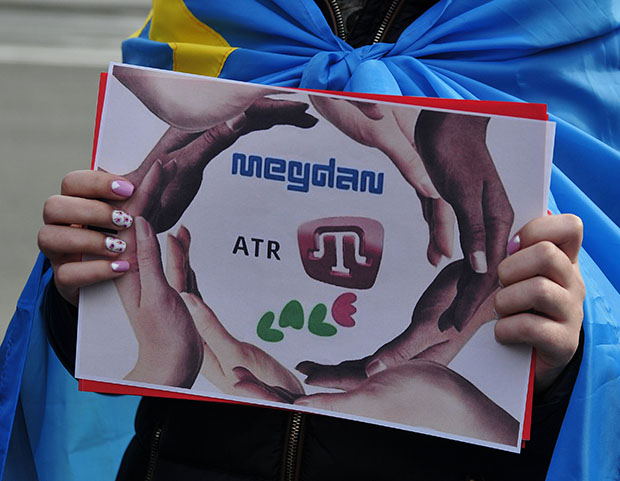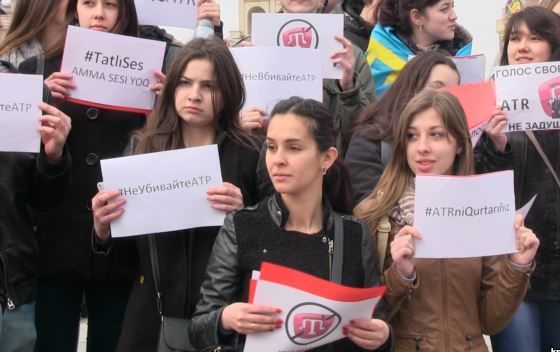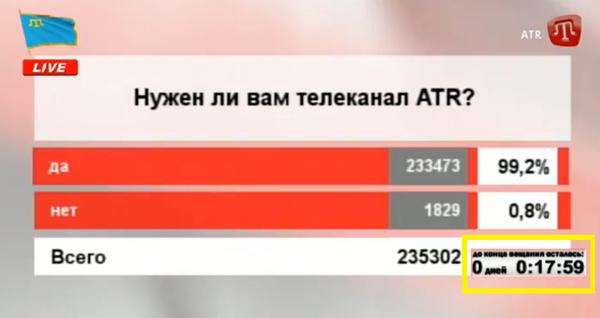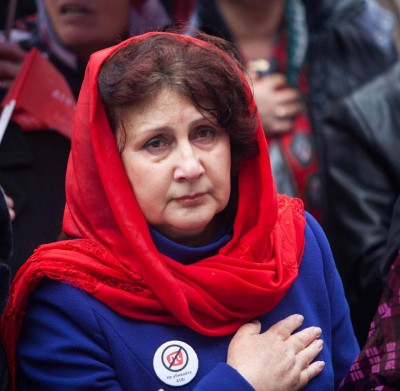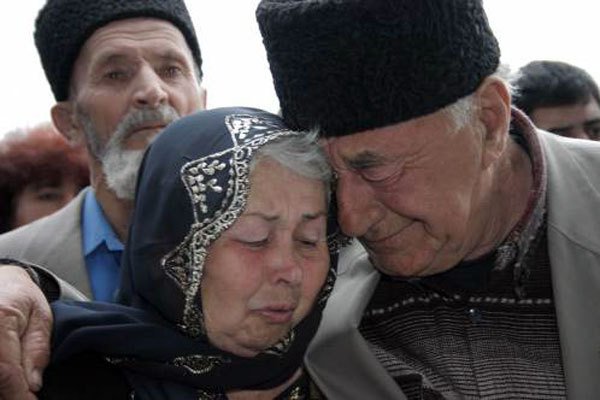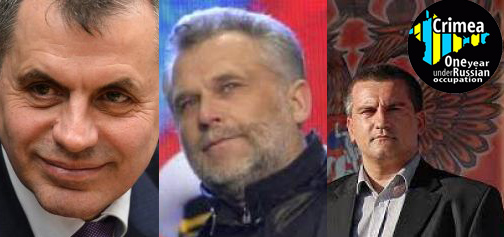A few days ago, Mikhail Khodorkovsky said that he was completely certain that those Russian opposition figures who are promising to return Crimea to Ukraine if they come to power will “not receive a mandate” to do so from Russian society, a declaration that has angered many Ukrainians and other Russian opposition figures as well.

Their reaction is understandable but potentially dangerous, Kseniya Kirillova says, because in her view, “Khodorkovsky to a large degree is right regarding the present-day mentality of the Russian people” and a failure to take that into account would be “a serious error similar to Putin’s mistake in Ukraine.”
Putin thought he could intimidate the Ukrainians and the West by force having failed to take into account the transformation of the Ukrainians in the course of the Maidan and of the West as a result of his Anschluss of Ukraine’s Crimea, a violation of the international order that few in the West are not horrified by, the Seattle-based blogger says.
“Ignoring these processes has led to a situation in which the entire strategy chosen by the aggressor has turned out to be useless and a losing proposition,” Kirillova continues. “Neither Ukraine nor the entire rest of the world will be able to relate to Russia and to Putin as they did before, and no ‘trades’” however much faith Putin puts in them “will be able to change that.”
Consequently, as Khodorkovsky suggests, it is critically important that the Russian opposition should it come to power should “not repeat the mistakes of its predecessors” but rather pay attention to the attitudes of society – even if those attitudes are “the result of shameful and false propaganda” involving the distortion of facts.
Even more important, Kirillova suggests, is that Ukrainians and their friends and supporters do not continue to ignore “the very fact of this mentality” in making their own plans for the future.
We may not like the attitudes of the Russian majority, she continues; but we are compelled to start with the facts as they are rather than thinking that the situation will miraculously transform itself to fit our desires. “If we do not accept [reality],” she says, “we become no better than the Kremlin which has created in its fantasies a world of illusion.”
“The present-day realities of Russia are such,” Kirillova says, that it would be “a miracle” if any democratic leader came to power. “Liberal and democratic views have been discredited” in Russia and marginalized. “More than that, it is obvious that no adequate leader will be able in the current situation to come to power without Western support.”
“’Adequate’” in this case does not mean an agent of the West, as Russian propagandists like to suggest. Rather, such an individual would be “prepared to observe the law and international agreements” and also be “ready to secure the normal development of the country without aggressive manifestations.”
Putin clearly understands this, she continues, and that may be “one of the reasons behind the current hysterical anti-American propaganda” in Russia. Besides generating among Russians the sense of being under threat, such notions contribute to the idea that anyone who wants normal relations with the West “will be viewed by the population as an enemy.”
Should it happen that a democratic leader all the same come to power, that would not be the end of the story, Kirillova says. Such a president would have to hold on to power, and that may not be easy: In 1917, the democratic February revolution was followed by “the bloody October which condemned Russia and the countries neighboring it to decades of communist dictatorship.”
Under current conditions, “the path ‘from February to October’ could with a high degree of probability be repeated.” Consequently, a democratic president would certainly have to take decisions at odds with his convictions lest he be overthrown, and that risk lies behind what Khodorkovsky has said about Crimea.
But to say that is not to say one agrees with Khodorkovsky that the issue of the return of Crimea to Ukraine will necessarily have to go on for decades, Kirillova says. “If we really admit that the current state of Russian society has been produced artificially by means of lies and manipulations, this means that the new regime, if it is adequate, must dispel this lie.”
That won’t happen by opposing Putin’s propaganda with an alternative propaganda but rather to changing the discourse about reality, the blogger says. A post-Putin regime simply must “explain to the people that the death of soldiers, the break with the entire world, including fraternal peoples and the crisis situation of the country are direct consequences of both the war in the Donbas and the annexation of Crimea.”
Moreover, she says, Khodorkovsky is wrong to speak about “’the return of Crimea.’” Why couldn’t a “hypothetical” future Russian president simply explain via television that “’Crimea is ours’ is a grandiose deception and that as a result of Putin’s actions, Crimea in fact did not become ‘ours’?”
According to international law, “Crimea has belonged and continues to belong to Ukraine.” Consequently, there is nothing to return because “no one can return something that which doesn’t belong to him.” That should not be hard to explain to the Russian people especially as the initial “euphoria” has worn off and the real problems become obvious.
“Yes,” Kirillova concludes, “the consciousness of Russian society is sick, but this doesn’t mean that one shouldn’t or cannot work with it.” And if conditions such as the passing of Putin from the scene are obtained, it is entirely possible that “this work will take much less time than it now appears likely will prove to be the case.”

